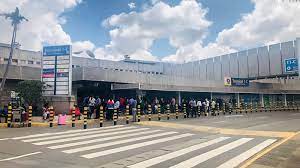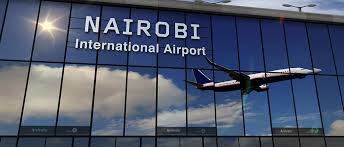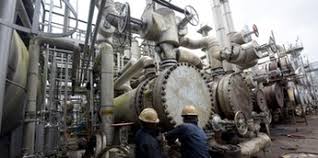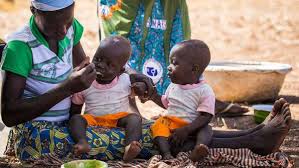President Yoweri Museveni told reporters that Chinese private investment in Uganda is increasing, while Westerners are losing interest in putting money to work in the country. He also pledged to step up efforts to combat corruption, which have made slow headway.
Uganda is aiming to execute a number of deals with Chinese private sector lenders in areas such as agro- and fertilizer processing, minerals processing, and textiles, according to Museveni, who has been in power since 1986 and is one of Africa’s longest-serving leaders.
“Western corporations have lost their glasses; they are no longer able to recognize prospects. The Chinese, on the other hand, perceive chances and come knocking. Museveni further espoused that “However, (Western corporations) are awash in cash. They are unconcerned.”
China’s state-owned enterprises and private businesses have long been a driving force behind investment in Africa, providing hundreds of billions of dollars to African countries as part of President Xi Jinping’s Belt and Road Initiative (BRI).
According to the Uganda Investment Authority, in recent years, the country has placed third in Africa in terms of FDI from China.
However, there have been some squabbles throughout the relationship.
In October, a parliamentary investigation found that China had placed onerous terms on a $200 million loan to Kampala, including the potential seizure of the East African country’s only international airport.
Museveni categorically denied utilizing the airport as security.

“I don’t recall mortgaging the airport for anything,” Museveni said, adding that Kampala would repay China. “It’s not a problem; they’ll get compensated.”
Over the previous decade, Museveni’s administration has received huge credit lines from China in order to finance its infrastructure construction projects and shore up political support.
Differences over contract conditions were also a factor in Kampala’s failure to reach an agreement with Beijing on the 1,000-kilometer (620-mile) super-fast rail link between Kenya’s port of Mombasa and Uganda, though talks were still underway, according to the president.
THE POWER OF FAITH IN THE FIGHT AGAINST CORRUPTION
Museveni acknowledged that greater work was needed in the fight against corruption. In its 2020 corruption perceptions ranking, Transparency International placed Uganda 142 out of 179 countries.
“We’re still at odds. I wouldn’t say we’ve progressed; earlier, we weren’t putting much emphasis on corruption “According to the 77-year-old, fighting corruption is one of his top goals for his current and sixth term as president.
His administration was focusing on recruitment from faith organizations, of which there were many in the country, in order to have enough manpower to combat the corruption war, and he said he would present an assessment of progress on the subject in two years.
“That is our struggle: to find clean people to implement,” Museveni stated. “Otherwise, the laws and institutions are there.”
Museveni said there was evidence of foreign collaboration with the guys who carried out the Nov. 16 bombs in Kampala, which killed three people and were attributed to the Islamic State-aligned Allied Democratic Forces (ADF).
The bombings in the heart of the city stunned a country known as a bulwark against East Africa’s dangerous Islamist extremists, prompting Museveni to dispatch 1,700 troops to the neighboring Democratic Republic of Congo, where the ADF has training facilities. Museveni, on the other hand, claimed that foreign ties extended beyond eastern Congo.
“We have some indication that the bombs that they exploded in Kampala recently were coordinated with organizations in Kenya and Somalia,” Museveni stated. “Perhaps collaboration rather than command and control is the way to go.”
Museveni said he was coordinating the operation with Congo’s president, but he did not respond to a question about whether there was any coordination with Rwanda, which has security interests in eastern Congo and has previously fought alongside Ugandan troops there.
Uganda said on Friday that its troops deployed to eastern DRC this week would stay as long as they were needed to combat Islamist extremists.




















